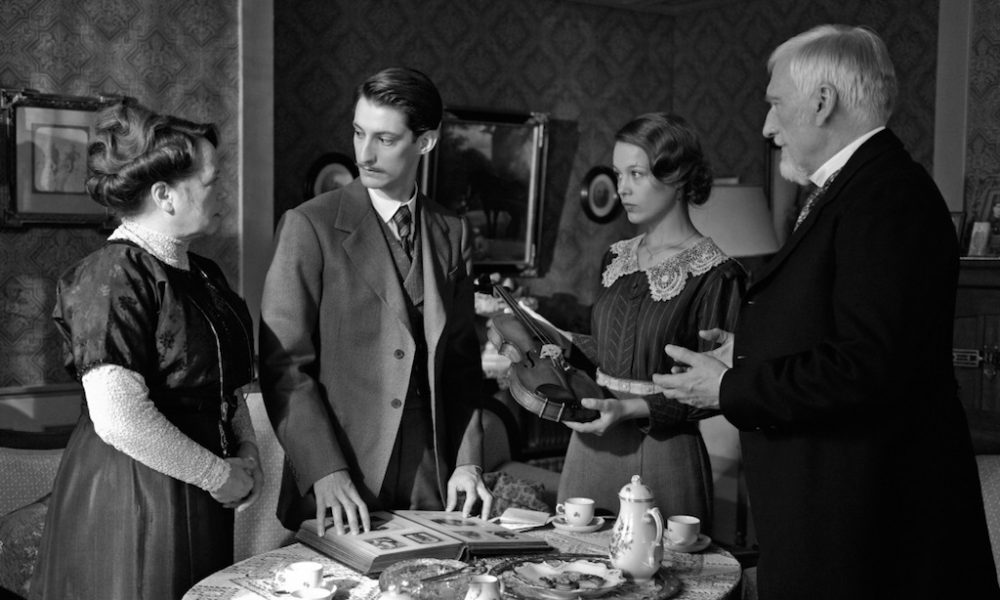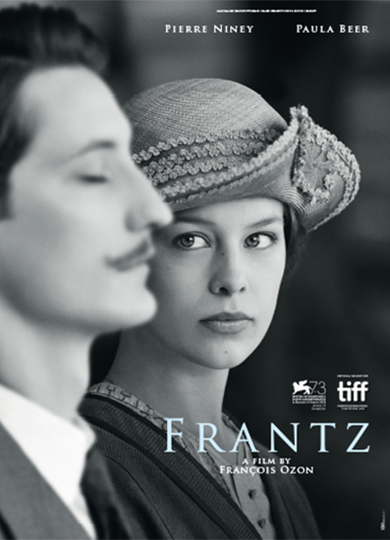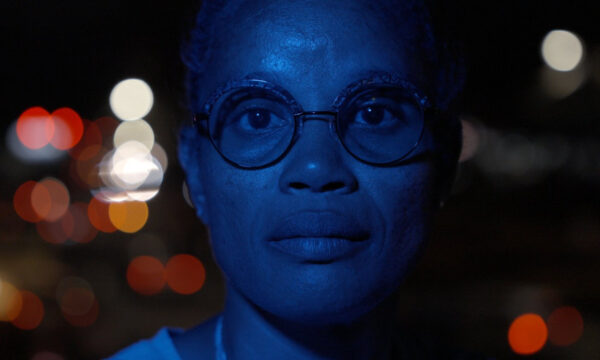Frantz

In 1932, comedy maestro Ernst Lubitsch decided to make one of his few straight, dramatic films with Broken Lullaby (also known as The Man I Killed). It was about a French soldier seeking absolution for killing a man in World War I. A priest recommends he visits the family in Germany, which he does, only to lie and say he was their son’s friend; he ends up courting their daughter. The film is generally considered one of Lubitsch’s worst, largely because it lacks that bemused, ironic distance that characterised his masterpieces. Yet 84 years later, it has fallen to the prolific François Ozon to lend his own touch to this sentimental tale.
The results are better than expected. If nothing else, Ozon knows his surfaces, and he makes an interesting choice to shoot in classy black and white, giving Frantz the look – though not the feel – of Michael Haneke’s The White Ribbon. The perspective is given to Anna (Paula Beer), who is enchanted by the arrival of the nervy Adrien Rivoire (Pierre Niney) in her village; a French stranger among hostile Germans. He regales the family with stories of their beloved deceased, Frantz, his supposed art gallery and violin buddy. These flashbacks are shown in colour – though a special kind of colour, limited solely to warm shades – that whet the appetite of the eye and leaves it wanting more when the film returns to monochrome.
The first hour, up to the reveal of Adrien’s secret, leaves a lot to be desired. It’s basic and on-the-nose, particularly with the colour sequences – that’s been done before. But just as it seems ready to jump into the pit of Oscar worthiness, Frantz takes an interesting and original detour. After Adrien returns to France and promptly stops responding to her letters, Anna goes in search of him. The second hour then mirrors the first, but with a more tragic bent; in a devastated Paris, Anna finds that her expectations are completely dashed by reality.
This then prompts a reflection on the first hour, particularly in our perception of the sexuality of one character, and particularly in the use of colour – the cinematic illusion here is undone, and it prompts consideration of why it was needed in the first place. Frantz is certainly uneven, but it has a strange, old-fashioned and irresistible charm.
Filippo L’Astorina, the Editor
Frantz does not have a UK release date yet.
Watch the trailer for Frantz here:



















Facebook
Twitter
Instagram
YouTube
RSS